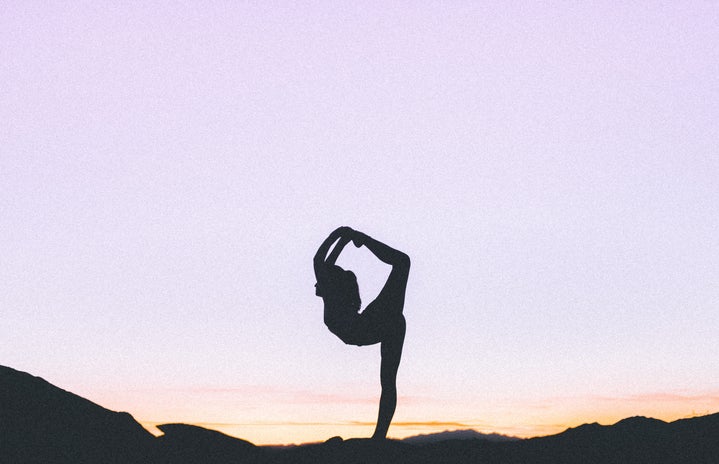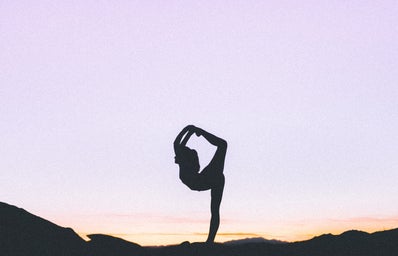There can be a lot to look forward to in November and December – spending time with friends and family, baking tasty treats and watching holiday movies. However, the winter months aren’t always as easy as sledding downhill. There are exams to cram for and final projects to finish. Maybe these tasks seem more daunting for you than normal. Maybe you’re struggling to keep your coffee date plans with your friends because you really just want to stay inside by yourself. Maybe making yourself get out of bed for class seems impossible, and you can’t just blame it on the end of the semester because you feel like when January rolls around, you’ll feel the same way, if not worse.
If this sounds familiar, you could be experiencing symptoms of seasonal affective disorder.
What is seasonal affective disorder?
The National Institute of Mental Health (NIMH) defines seasonal affective disorder (SAD) as “a type of depression that comes and goes with the seasons, typically starting in late fall and early winter.” Even if you’re skeptical because you don’t seem to feel depressed during other parts of the year, you can still experience SAD.
Many of the symptoms associated with SAD are typical of other forms of depression. According to NIMH, these include having trouble sleeping, changes in appetite and loss of interest in activities/hobbies. Some symptoms specifically associated with SAD are craving carbs, feeling low energy and “hibernating,” or withdrawing from social settings.
Why does this happen?
Much of the roots of SAD is related to the sun. Remember when daylight savings time happened? That extra hour of sleep may have been great at the time, but now it’s completely dark outside by 6 p.m. This is annoying on its own but can be even rougher if you experience SAD.
While the causes of SAD aren’t known for certain, darkness has been shown to increase melatonin production in some people, making them sleepier in the winter. It’s also harder to get Vitamin D when the days are shorter, and Vitamin D is part of serotonin production. Serotonin is a chemical in the brain that contributes to feelings of happiness.
What do I do if I think I have seasonal affective disorder?
Talk to your doctor or a counselor if your symptoms don’t seem to be going away. Asking for help with your mental health can be scary, especially if you’ve never done it before. If you’re nervous, ask a friend to go with you to the appointment or meet up with you afterwards.
There are a few different treatments for SAD, according to NIMH. They include traditional treatments for other types of depression, like medication and therapy. However, your doctor might recommend taking Vitamin D or trying light therapy to supplement the sunshine you’re missing out on.
Light therapy might sound intimidating at first, but it’s actually quite easy to do! You just sit near a special light box/lamp. They’re easy to get – you can even find them on Amazon. If you’re afraid a bright white box will make you feel uncomfortable in your space, Himalayan salt lamps work for light therapy, too, and they’re a little more pleasing to the eye.
While light therapy is easy to start, you should always talk to a medical professional before trying to treat yourself.
What do I do if someone I know has seasonal affective disorder?
Maybe this doesn’t sound like you, but it sounds like someone you know. You might have recognized these symptoms in your roommate or one of your friends. Like any struggle with mental health, it’s important that you be there for them.
You can ask them if they want to talk about the way they feel. If they don’t want to talk to you, they might feel more comfortable talking to a counselor, or it might be the other way around. Always encourage them to seek help in some form and remind them that they’re not alone.
Depression can be a tricky topic. It can be even harder if you start to recognize some of its symptoms within yourself. Never be afraid to ask for help. With the support of loved ones and the help of mental health professionals, you can make it through the winter.
National Alliance for Mental Illness Hotline: 1-800-950-NAMI (6264)



